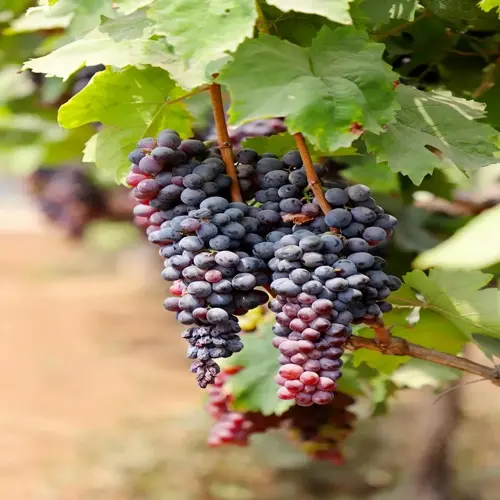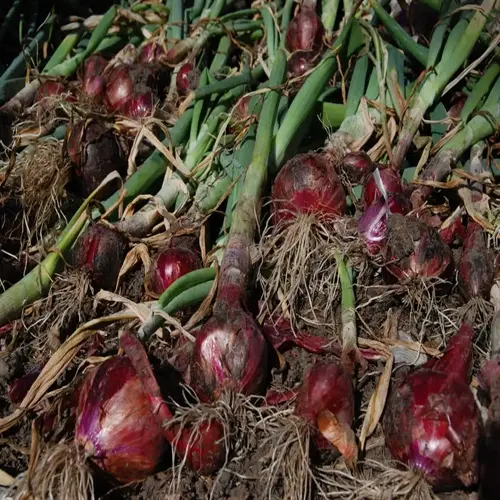Can you eat pears straight from the tree?

Written by
Julia Anderson
Reviewed by
Prof. Martin Thorne, Ph.D.Tree-ripened pear eating is entirely variety dependent. Asian pears like Hosui will give you crisp enjoyment off the limb, while Europeans like Bartlett can become excessively ripe. I discovered this first-hand when I bit into a barely ripe Bartlett that tasted completely woody. The pathway of texture development takes a completely different biological route.
Asian Pear Readiness
- Harvest when golden yellow with firm texture
- Enjoy crisp juiciness like apples immediately
- No conditioning needed to preserve crunch
European Pear Requirements
- Must undergo 7-14 day conditioning period
- Off-tree ripening develops buttery texture
- Immediate consumption causes gritty mouthfeel
Critical Differences
- Asians contain less lignin in cell walls
- Europeans require enzymatic starch conversion
- Ethylene sensitivity varies dramatically
Conditioning transforms European pears through enzymatic ripening. I put my Bartlett pears in a paper bag with bananas at 60-65°F. That ripening breaks down starches into sugars, generating a lustrous, silky texture. Asian pears will lose their crunch when subjected to prolonged storage or conditioning. Their cellular structure is fundamentally different.
Storage methods vary for fresh-consumed products. I will refrigerate Asian pears after harvest to maintain crisp texture for 1-2 weeks. Europeans get conditioned first, then refrigerated. Do not mix in storage, as ethylene from European sources will alter the the Asian texture. I use separate crisper drawers for Asian and European pears.
Don't make the mistakes I did early on. Eating Europeans right after harvesting will lead to disappointment with their gritty texture. If you condition Asian pears first, they will end up mealy. Combining varieties will expedite deterioration. Careful attention will ensure you enjoy the special charms of each pear at the right time.
Read the full article: When to Harvest Pears: Complete Guide

